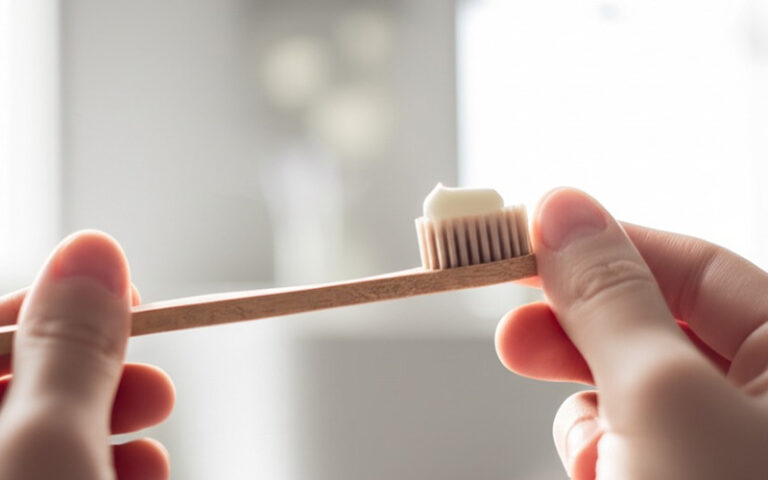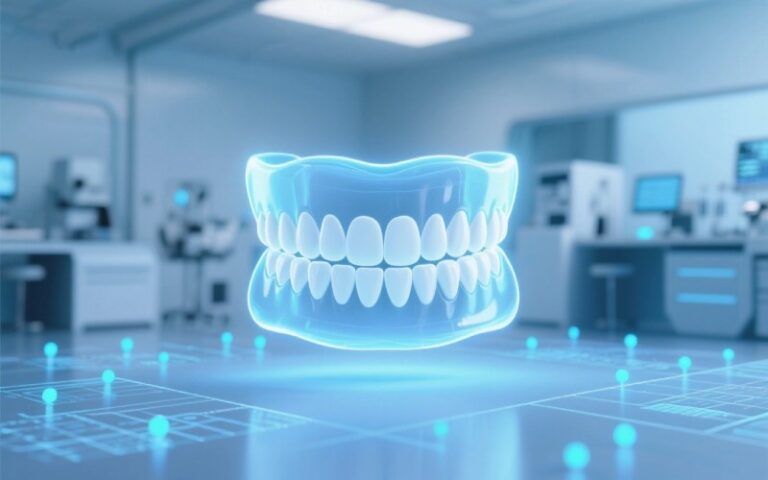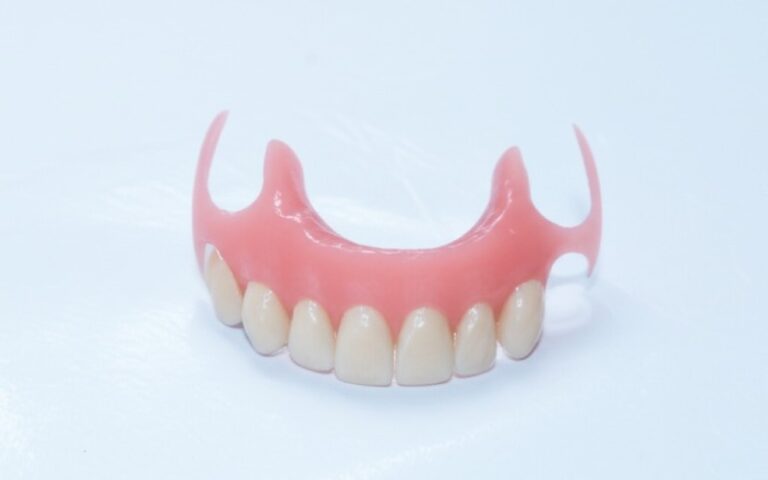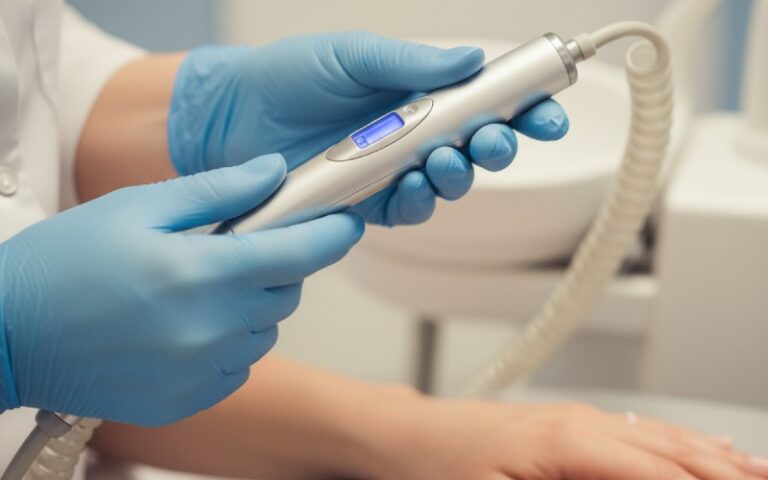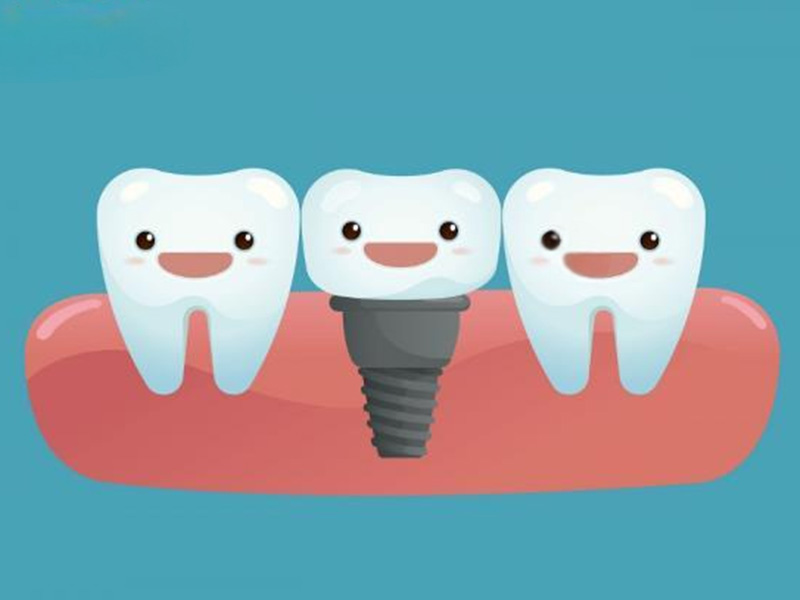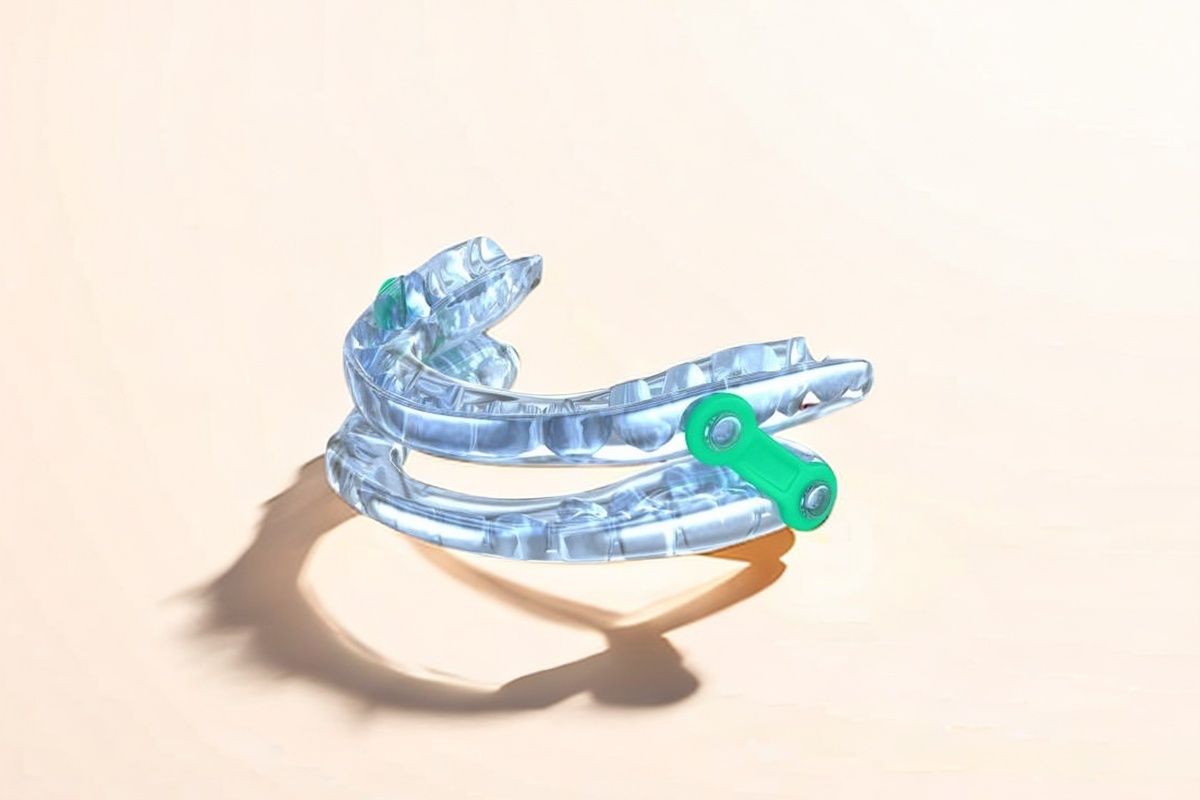
Dental Solutions for Sleep Apnea Patients: Journey to Quiet Nights
This article is for you if you are struggling with sleep apnea. You can find a path to better sleep and better health after reading this.
Inhaltsübersicht
What is Sleep Apnea and Why Is It a Big Deal?
Let’s start with the basics. What is sleep apnea? It’s a serious sleep disorder. This means you stop breathing for short times while you sleep. These pauses in breathing are called “apneas.” An apnea can last for 10 seconds or more. This can happen many times each hour, all night long. Most people don’t even know it’s happening. They just feel tired and groggy the next day. The problem of apnea is a common disorder.
There are two main kinds of sleep apnea. One is called central sleep apnea, which is a problem with the brain’s signals. The more common type is obstructive sleep apnea. This happens when the muscles in the back of your throat relax too much. They block your airway. This makes it hard or impossible to breathe. Obstructive sleep apnea is about more than just a loud snore. The constant stops and starts during sleep put a lot of stress on your body and can lead to serious health problems. Sleep apnea and snoring often go hand-in-hand, but the apnea itself is the real danger.
How Do You Know If You Have Sleep Apnea?
Other sleep apnea symptoms include waking up gasping for air, having a headache in the morning, and feeling very sleepy during the day. If you have any of these symptoms of sleep apnea, it’s a good idea to see a doctor. You need a proper diagnosis to know for sure.
To diagnose sleep apnea, your doctor will likely recommend a sleep study. A sleep study measures things like your breathing, heart rate, and oxygen levels while you sleep. You can do a sleep study in a special lab or with a home sleep apnea test kit. A sleep specialist will look at the results. They can tell you if you have apnea, and if it is mild, moderate, or severe. This is the first step in getting the right sleep apnea treatment.
What Are Dental Solutions for Sleep Apnea?
CPAP stands for continuous positive airway pressure. It uses a mask and a hose to blow air into your throat to keep it open. It works, but many people find it uncomfortable.
Oral appliances are special devices you wear in your mouth at night. They are custom-made by a dentist. They are a great alternative for many sleep apnea patients, especially those with mild to moderate sleep apnea. These dental appliances for sleep apnea work by moving your jaw or tongue to keep your airway open while you sleep. This is a much simpler way to deal with apnea for many people.
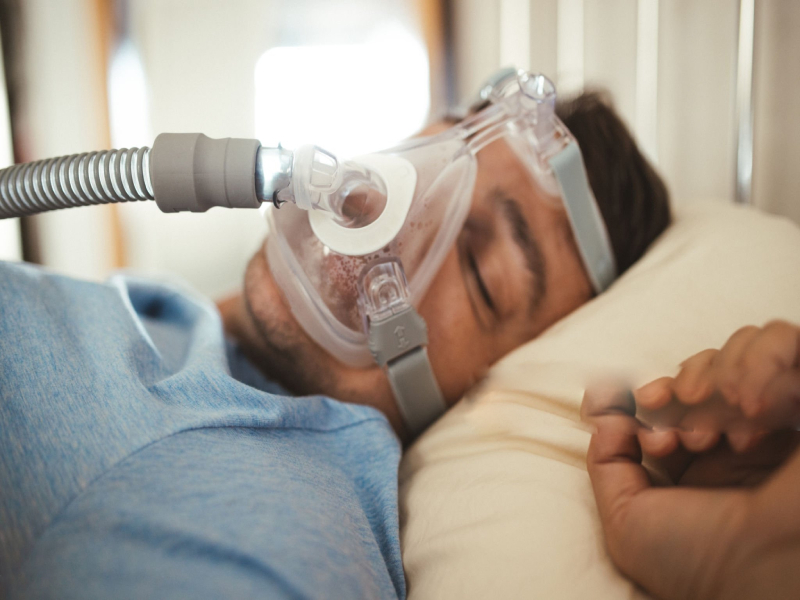
How Do Oral Appliances Treat Sleep Apnea?
It sounds simple, and it is. The way oral appliances treat sleep apnea is very clever. The most common type of appliance works by gently pushing your lower jaw forward. When your lower jaw moves forward, it pulls your tongue and soft tissues with it. This opens up the airway in the back of your throat. With an open airway, you can breathe freely all night long. The apnea events stop.
These oral appliances are designed to be comfortable. A qualified dentist makes sure it fits your mouth perfectly. When you wear the device, it helps keep your airway during sleep from becoming blocked. This means no more gasping for air, no more loud snoring, and a much better night’s rest. For people with obstructive sleep apnea, these oral appliances can be a life-changing treatment. It’s a simple mechanical fix for a mechanical problem.
What Are the Main Types of Dental Appliances for Sleep Apnea?
When you talk to a dentist, you’ll learn there are two main types of dental appliances. It’s good to know about the different types of oral appliances so you can have a smart talk with your doctor. The first and most common type is the mandibular advancement device (MAD). These appliances or mandibular advancement devices look a lot like a sports mouthguard. They fit over your upper and lower teeth and have tiny connectors that hold your lower jaw in a forward position.
The other main type is called tongue-retaining devices. This type of appliance for sleep apnea works a little differently. Instead of moving your jaw, it has a small compartment that holds your tongue forward with gentle suction. This keeps the tongue from falling back and blocking your throat. This type of device is often used for patients who cannot use a mandibular advancement device. A dentist with training in dental sleep medicine can help decide which is the best fit for your specific case of apnea.
What Are the Benefits of Dental Appliances Compared to a CPAP Machine?
CPAP machines are noisy and the mask might make you feel trapped. The oral appliance is small, quiet, and easy to wear. It fits in the palm of your hand. This is a huge advantage. Using oral appliances is just so much simpler.
Many patients find that they are more likely to use an oral appliance every night. The best treatment for sleep apnea is the one you will actually use. Oral appliances are comfortable, portable, and silent. They are also much easier to clean. For people with mild to moderate obstructive sleep, the American Academy of Sleep Medicine says oral appliances are a great first choice. These dental appliances offer a path to better sleep without the hassle of a CPAP machine.
Could a Dental Appliance for Sleep Apnea Work for You?
So, who is a good candidate for these devices? Oral appliances work best for people with mild to moderate obstructive sleep apnea. If your apnea is in this range, you should ask your doctor about this treatment option. It is a very effective obstructive sleep apnea treatment. Even some people with severe sleep apnea can benefit, especially if they cannot tolerate a CPAP machine.
The only way to know for sure is to talk to a professional. You should speak with a sleep medicine specialist or a dentist trained in dental sleep. They will look at your sleep study results, check your teeth and jaw, and talk with you about your lifestyle. They can help you decide if you should use an oral appliance to treat your apnea. For many people struggling with sleep apnea, the answer is a big “yes.”
How Does a Dentist Help You Get an Oral Appliance?
Getting an oral appliance for the treatment of your apnea starts with a special kind of dentist. Not every dentist can make one. You need to find a dentist with advanced training in dental sleep medicine. They understand the link between oral health and sleep patterns. They know how to create an appliance that will work for your specific apnea. This dental professional is a key partner.
The process is simple. The dentist will examine your teeth, gums, and jaw. They will take impressions or a digital scan of your mouth. These models are sent to a special dental lab where your custom appliance is made. When it’s ready, you go back to the dentist for a fitting. The dentist will adjust the mandibular advancement device to make sure it is comfortable and effective. They will teach you how to wear it and care for it. This expert dental care is vital for success.
Is Sleep Apnea in Children a Concern?
Sleep apnea doesn’t just affect adults. The epidemiology of sleep apnea shows that sleep apnea in children is a real and growing problem. The symptoms can be different in kids. They might include bedwetting, trouble in school, or hyperactive behavior. Loud snoring is also a common sign. If a child has sleep apnea, it can have a big impact on their growth and development.
The treatment is also different. For many children, the cause of their apnea is large tonsils or adenoids. Surgery to remove them often solves the problem. However, in some cases, oral appliances can help. These might be appliances that help the jaw grow correctly. If you think your child has any symptoms of sleep, it is very important to talk to your pediatrician and maybe a pediatric dentist. They can help find the right solutions to help.
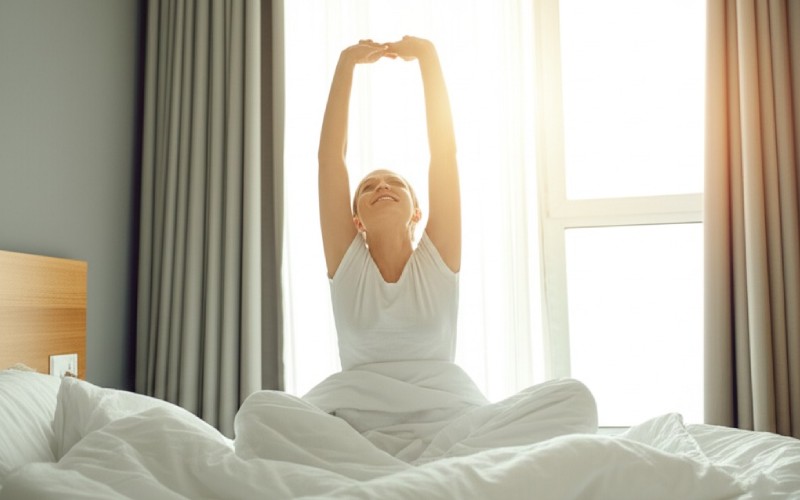
What Is the First Step Toward Better Sleep?
You don’t have to live with being tired all the time. You can treat sleep apnea and get your life back. The first step toward better sleep is to talk to a doctor. Get a diagnosis. Find out what is causing your sleep problems. This is the most important thing you can do for your sleep and overall health.
If you are diagnosed with obstructive sleep apnea, ask about all your options. Don’t just assume the CPAP machine is the only way. Ask about oral appliance therapies. Talk to a qualified dentist. There are amazing dental solutions that can make a huge difference. Don’t let sleep apnea control your life. Take that first step today and start your own journey to quiet nights and energetic days. You deserve to feel well-rested and healthy.

